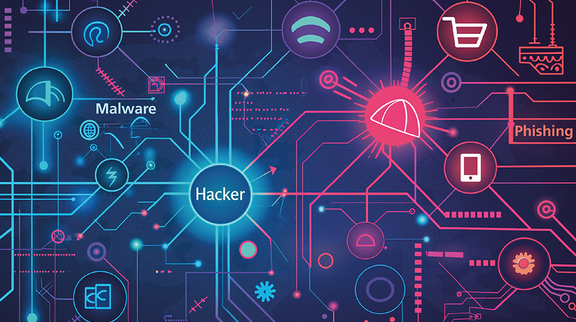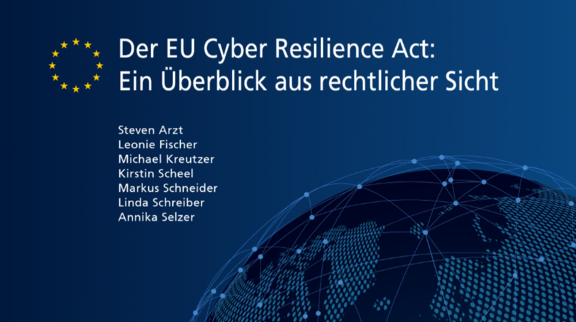News

ATHENE launches German-Israeli research cooperation on cyber security in the energy sector
ATHENE and the Israeli Ministry of Energy and Infrastructure of the State of Israel are launching a three-year collaborative research program in which researchers from Israeli universities will work with ATHENE researchers to develop solutions to cybersecurity problems in the energy sector. For an initial period of three years, the Israeli Ministry of Energy is funding researchers from Israeli universities to work with ATHENE researchers to lay the foundations for improving cybersecurity in the energy sector. The initial focus will be on the development of new, practical architectures for a more cyber resilient energy supply, the development of methods for detecting attacks at all levels of the energy sector, and the development of methods for defending against denial-of-service attacks against the energy sector.
read more
ATHENE researchers discover serious security vulnerabilities in Internet routing protection software
A research team from the National Research Center for Applied Cybersecurity ATHENE led by Prof. Dr. Haya Schulmann has uncovered 18 vulnerabilities in crucial software components of Resource Public Key Infrastructure (RPKI). The affected vendors have been provided with patches for their products.
read more
ATHENE publishes white paper on the CRA
Connected products are to become more secure across the EU - that is the aim of the Cyber Resilience Act (CRA), an EU regulation that is currently being voted on and is expected to come into force this year. In our latest whitepaper, our researchers address the latest version of the CRA draft and explain which companies and products are likely to be subject to which obligations.
read more
Accepted papers at the EACL 2024
ATHENE researcher Prof. Iryna Gurevych presented seven papers at the 8th Conference of the European Chapter of the Associations for Computational Linguistics, EACL for short. Two of them were directly related to her research work in the ATHENE research project "Fake News and Conspiracy Theories" from the research area Secure Digital Transformation in Health Care ( SeDiTraH). EACL is one of the leading European conferences in the field of computational linguistics covering a broad spectrum of research areas that are concerned with computational approaches to natural language.
read more
ATHENE position paper calls for data protection precautions
Cybersecurity researchers are often unable to comply with data protection regulations because they do not know before the start of a research activity whether and what personal data they will be processing. Our data protection experts have therefore formulated a proposed addition to the GDPR. Their concern: The legally binding introduction of data protection precautions that take unplanned data access into account.
read more
